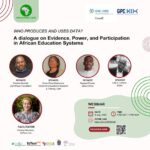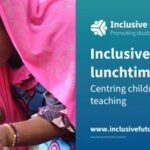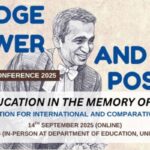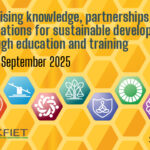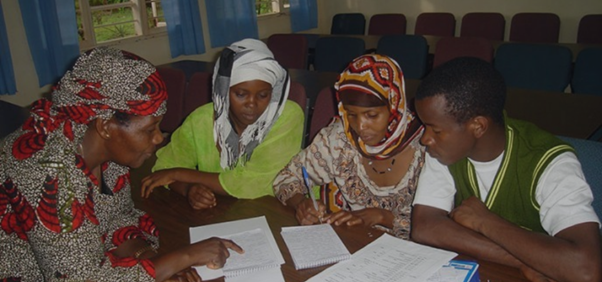
About
A conclusion in UNESCO’s 4th Global Report on Adult Learning and Education (GRALE 4) is that more educational activities in active citizenship for adults are needed to promote social outcomes, such as poverty reduction, addressing inequality, better health and well-being, peace and sustainable development. This presentation showcases a mixed methods research study that investigates this claim; following up a quantitative analysis (GRALE 4), with qualitative research to understand factors that support active citizenship for adult learners and barriers that may exist. Semi-structured interviews were conducted with nongovernmental stakeholders in four countries—China, Costa Rica, Kuwait and Russia—based on their reported progress across GRALE 4 responses on active citizenship. The theory of policy enactment underpinned the research design and analysis, and was used as a lens to explore how NGOs interpret, animate, and even deprioritize political agreements in national contexts. Data analysis and findings partly explain why countries reported significantly less progress on active citizenship for adult learners in GRALE 4 compared to literacy and basic skills, and continuing training and professional development (TVET). Reasons for this slow progress include inadequate policy, limited or compromised governance and funding, a school focus, and social issues. A conclusion is that TVET is the priority over active citizenship in two countries, which is problematized.
***
This webinar is part of the Education and Development (EDU DEV) Public Seminar Series. The UEA School of Education and Lifelong Learning and the School of International Development run a joint research seminar series in the Autumn and Spring semesters. The seminars are open to all staff and students and aim to address issues within the fields of education and international development, and comparative education. The seminar series moves online this year – offering the opportunity to engage with a broader international audience interested in learning about new research in this area and sharing in our discussions.
Featured Presenters
Ashley Stepanek Lockhart is a specialist in comparative education and development with over 10 years of experience in international programs, including as a teacher, planner and researcher, and in support of quality design, implementation, monitoring, and capacity building at UNESCO among other organizations. Areas of focus are youth and adult learning, active/ global citizenship, skills development, inclusive education and lifelong learning.
Fusheng Jia (Respondent) is a Visiting Fellow at the University of East Anglia, linked with the UNESCO Chair in Adult Literacy and Learning for Social Transformation. He was conferred with a PhD in education (2017, the University of East Anglia) and a PhD in English Language and literature (Henan University, China, 2005). He had extensive teaching and research experiences in migration, development, education, literature, and critical theories. He has been concerned about China’s internal migration since the reform and opening policy was adopted in the late 1970s in China. He started to address this issue academically after transferring to Guangdong, whose socioeconomic development was enormously influenced by the migrant workers.
Catherine Jere (Chair) is a Lecturer in Education and Development at the School of International Development at UEA. Her research interests centre on exploring how institutional and social barriers to education in developing country contexts are challenged and disrupted. She specialises in mixed-methods designs, participatory and transformative approaches to research. Her work includes non-formal approaches to youth literacy, inclusion and gender equality in education, school violence, and educational access and learning in communities impacted by HIV/AIDS. She has carried out research in Sub-Saharan Africa, living and working in Malawi for over a decade. Prior to joining UEA she was a researcher with the UNESCO flagship publication, the Education for All Global Monitoring Report.

